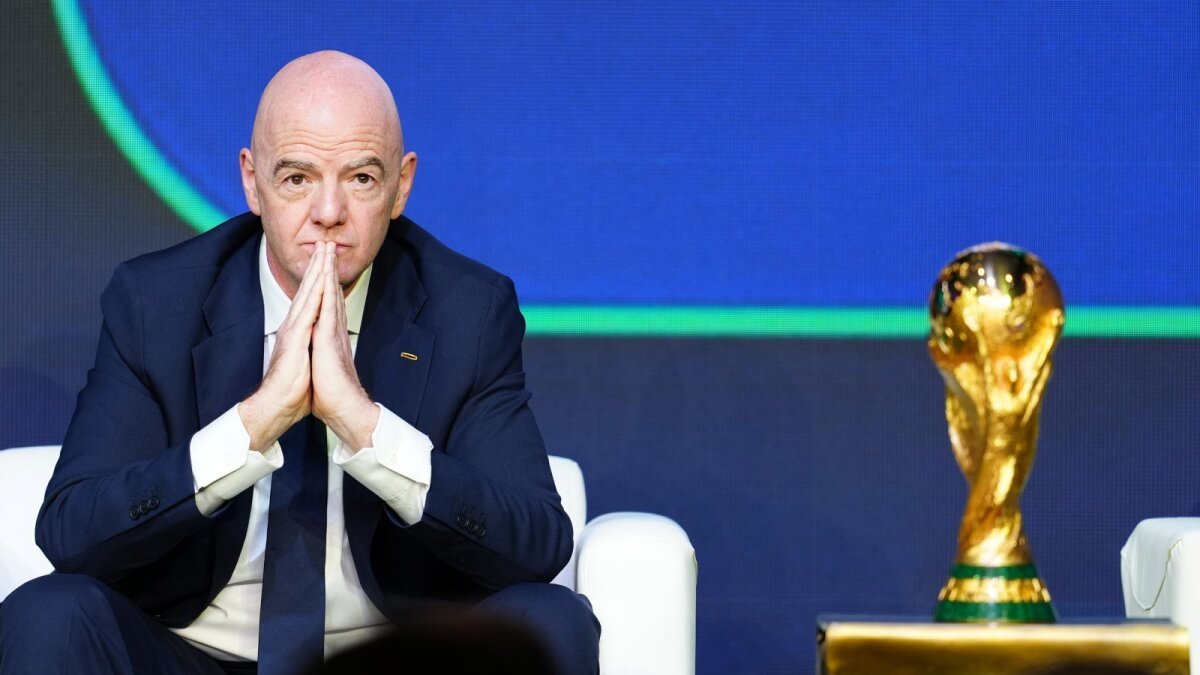[Editorial] Chief Justice Gaffes
[Editorial] Chief Justice Gaffes
Posted September. 22, 2006 05:59,
Lee Yong-hun, the Chief Justice of the Supreme Court of Korea, has recently suffered severe criticism in and out of the legal circle for his remarks during his tour of district courts. His remarks even prompted the Korean Bar Association (KBA) to call for his resignation.
Mr. Lee said at Gwangju High Court and Gwangju District Court that the backbone of the judiciary is the Court and the prosecution and the KBA are supplementary bodies of the judiciary. He also said, Documents drawn up by lawyers are often intended to deceive people. Moreover, he said in the Daegu High Court and District Court on September 18, The nation is governed by those who invited trouble in the Court after 1960. In Daejeon High and District Court on 19, he urged the judiciary to throw out the investigation documents the prosecution made in the civil trials and to focus on public trial.
He may have wanted to say that the judiciary needs reforms as the publics distrust of it was caused by the judiciary itself. It is true that the judiciary was not entirely independent from the influence of the government in the authoritative regimes in the past. Also, those who opposed to the influence may well be credited for their bravery. Still, as a chief justice, he should not have said that because what he said can be thought as defending the people who currently hold power. A chief justice should say when he or she needs to and be politically neutral.
Korea had positive law in the 1970s in authoritative regimes and also had judges critical of the government. Not the entire history of the Korean judiciary was under the influence of the government. But what he mentioned seems to have belittled the prosecution and lawyers, two of the three elements that constitute the judiciary. It was not prudent of him to cause the prosecution to demand apologies for what he said.
He seems to have mentioned focusing on public trial to say that truth should be proved in the Court. But his expression was not proper. No prosecutor would agree with the words of, The documents prosecutors made after closed-door investigations should not come before statements of the accused in court. The principle of a judge only says with the ruling also applies to the chief justice. It is inappropriate for a chief justice to create a stir with his every remark.



![[천광암 칼럼]장동혁은 계획이 다 있구나](https://dimg.donga.com/c/138/175/90/1/wps/NEWS/IMAGE/2025/12/14/132964515.1.jpg)
![‘친구’란 말에, 치매 아버지는 고향땅 800평을 팔았다[히어로콘텐츠/헌트①-上]](https://dimg.donga.com/c/138/175/90/1/wps/NEWS/IMAGE/2025/12/14/132961909.1.jpg)
![[단독]내란특검 “尹계엄 목적… 자신의 반대 세력 제거”](https://dimg.donga.com/c/138/175/90/1/wps/NEWS/IMAGE/2025/12/04/132897558.1.jpg)
![‘딸’ 같은 이웃에게 치매 부부는 상가를 넘겼다[히어로콘텐츠/헌트①-下]](https://dimg.donga.com/c/138/175/90/1/wps/NEWS/IMAGE/2025/12/14/132963612.1.jpg)
